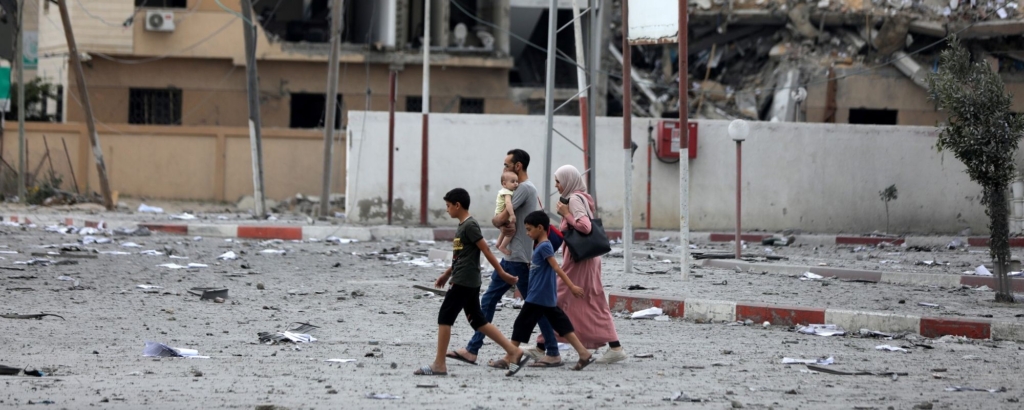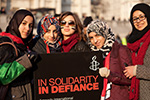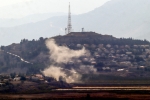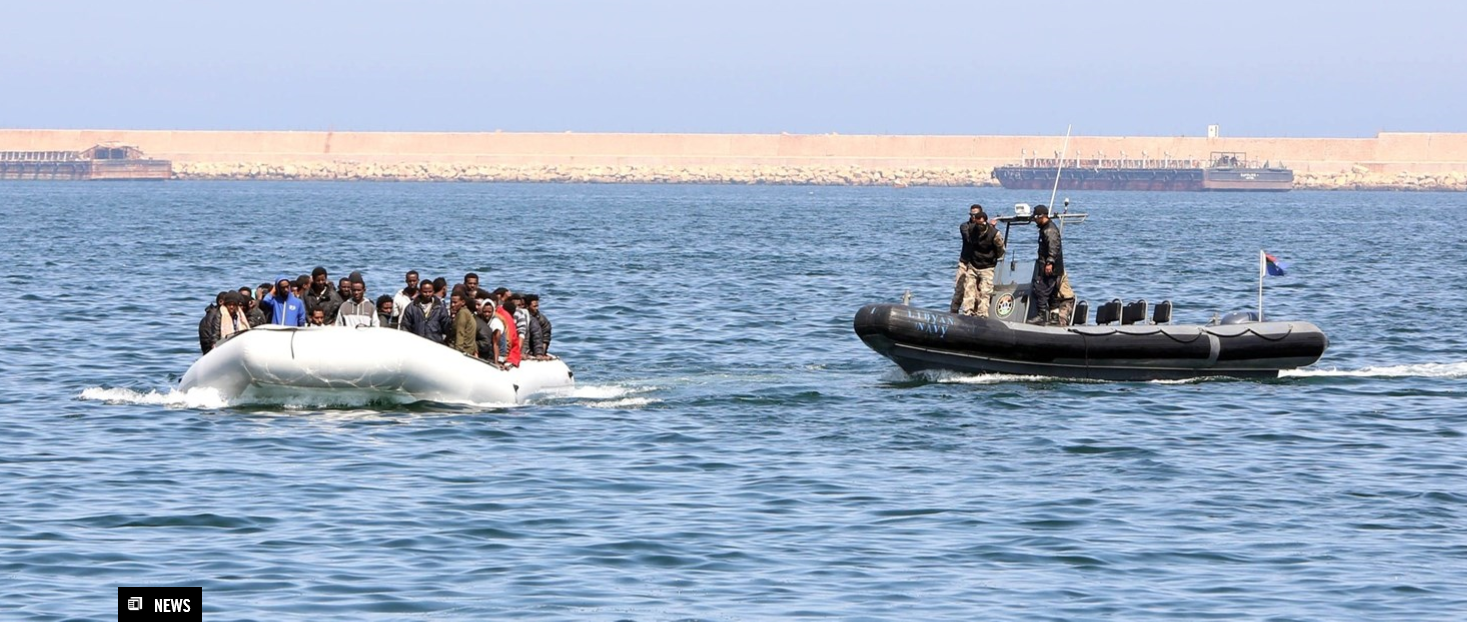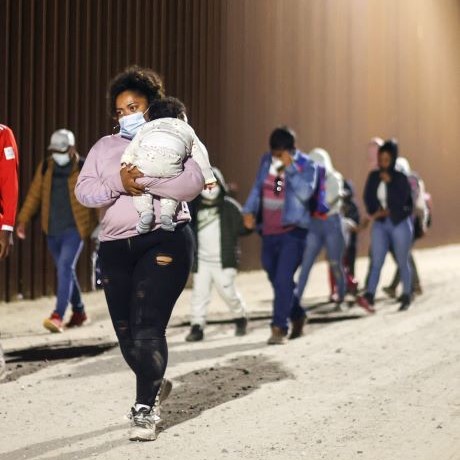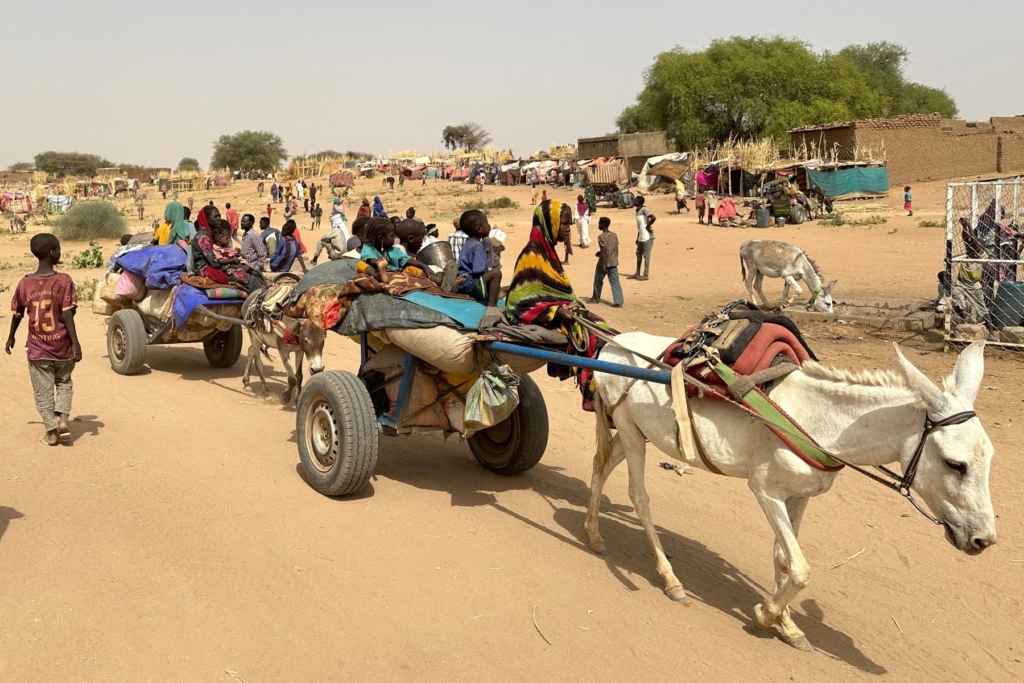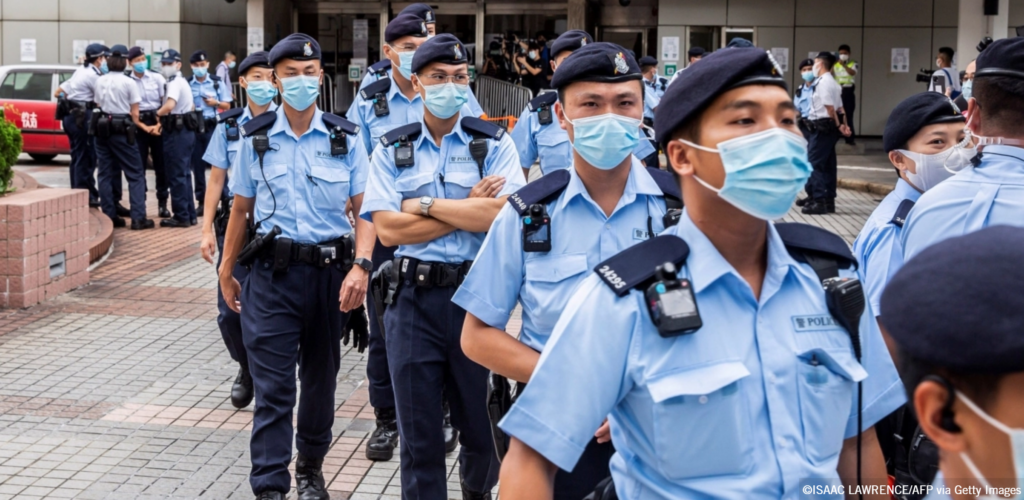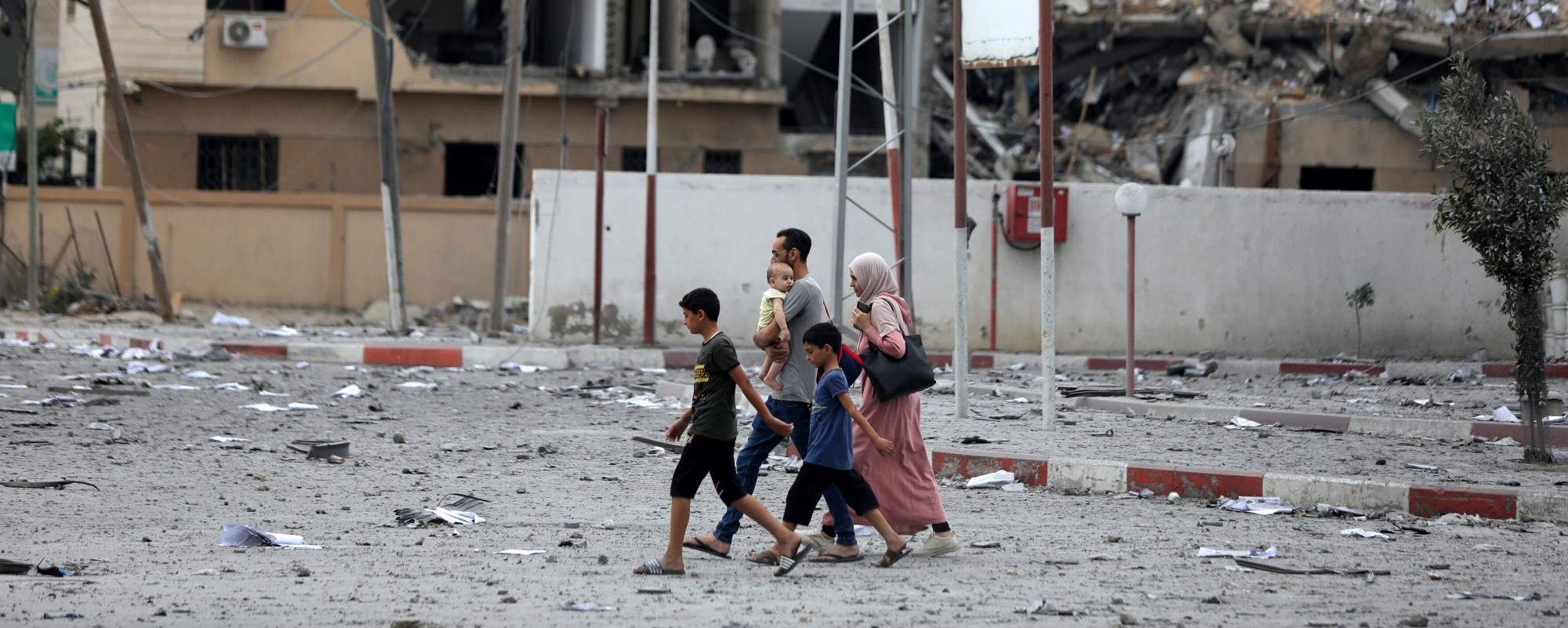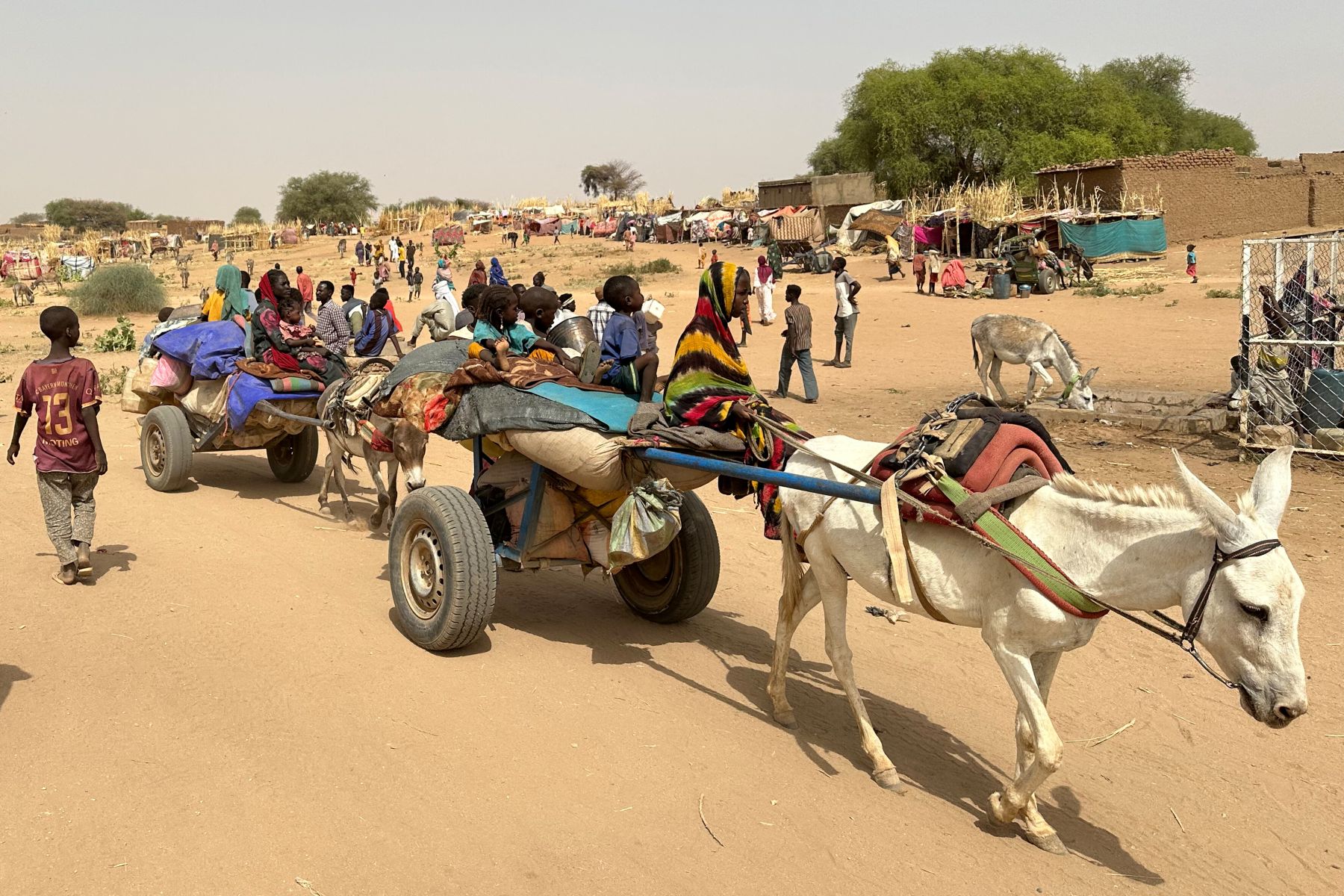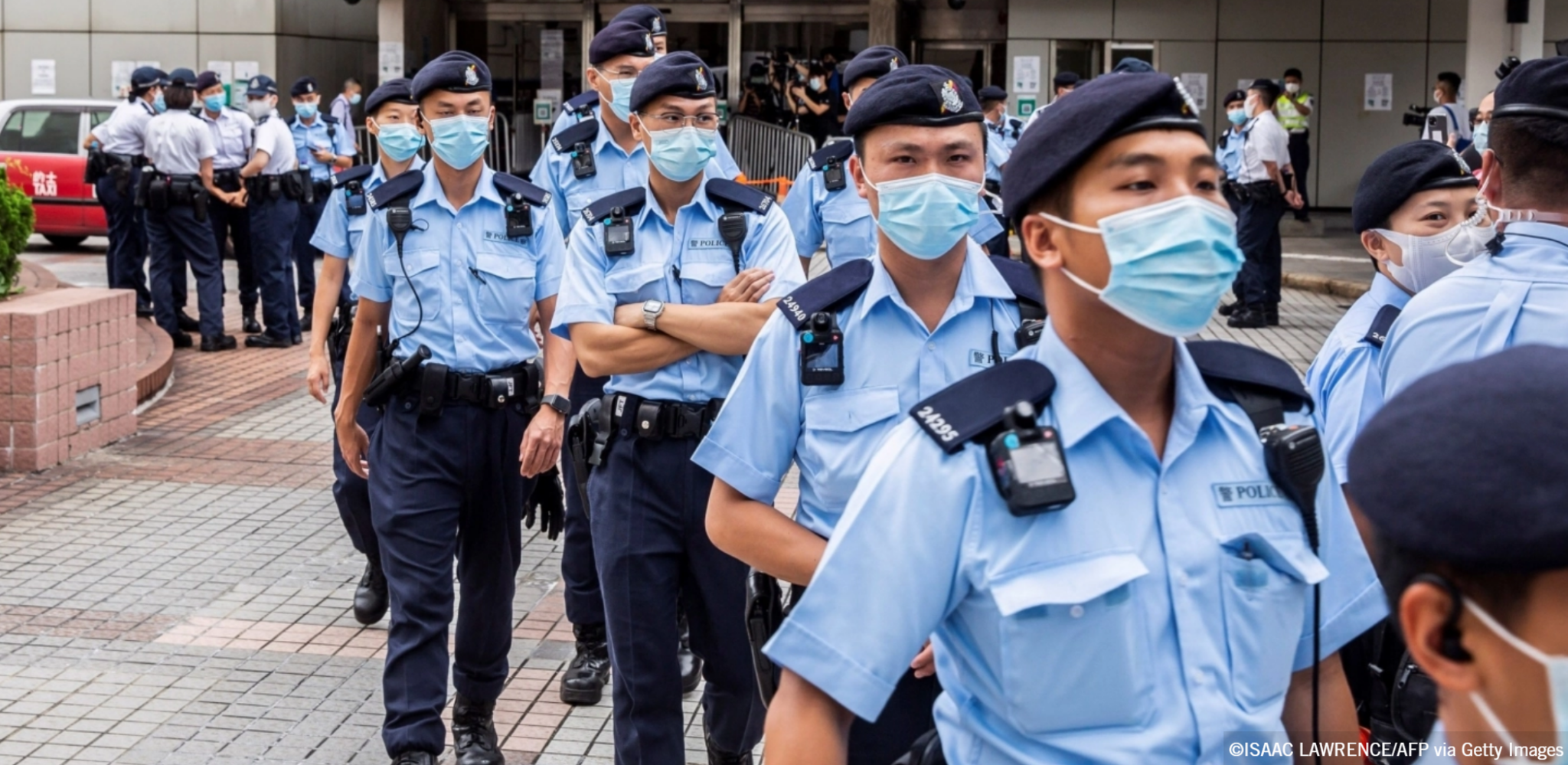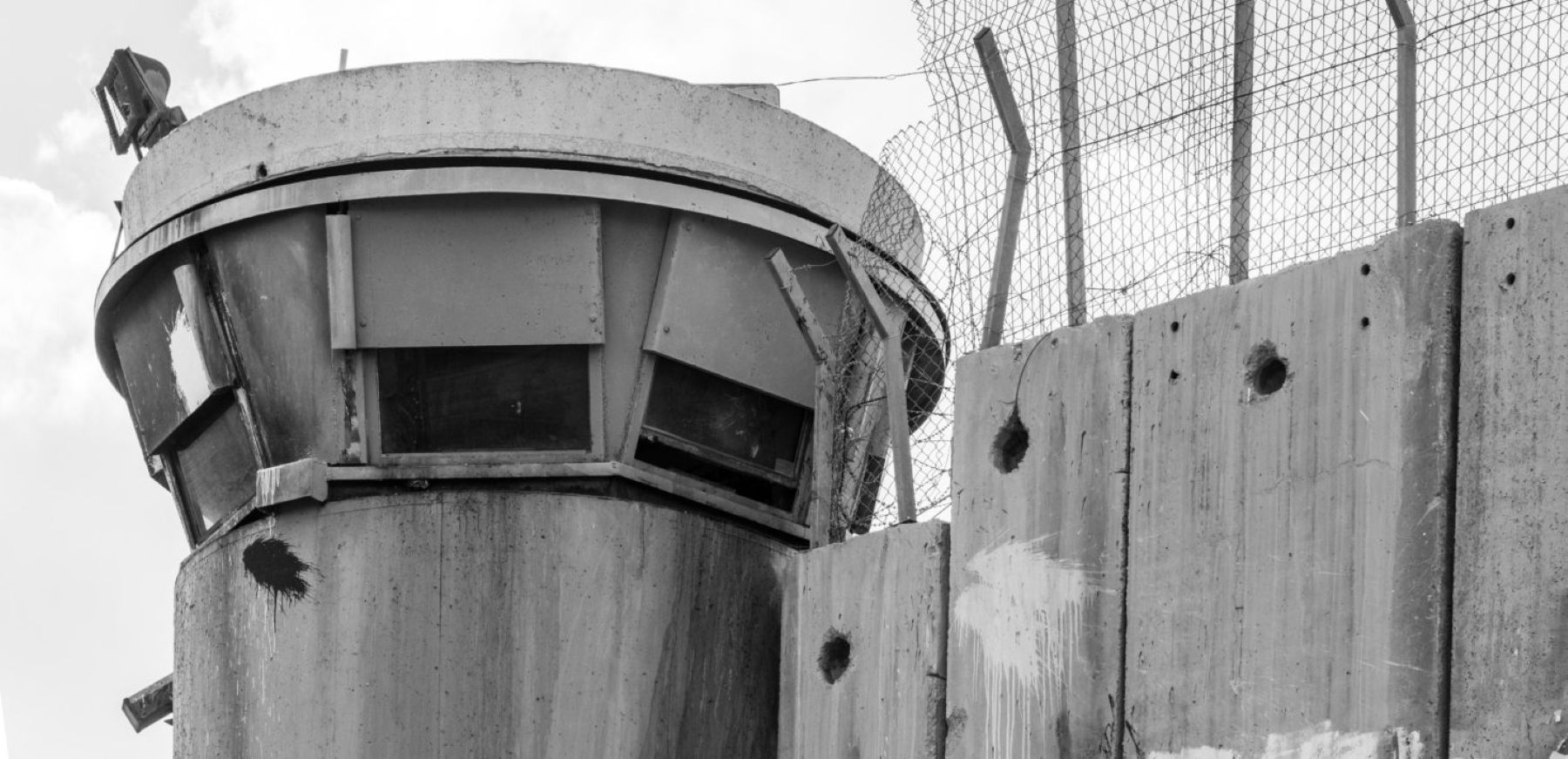Following yesterday’s seizure of a Spanish NGO rescue boat by the Italian authorities and the investigation of its crew for “criminal conspiracy aimed at facilitating illegal immigration” after they refused to hand over to the Libyan Coast Guard refugees and migrants rescued in international waters over 70 nautical miles off the Libyan coast, Amnesty International’s Campaigns Director for Europe, Fotis Filippou said:
“By requesting the Libyan coastguard to coordinate rescue and then impounding the NGO ship that refused to hand over the refugees and migrants, the Italian authorities have shown a reckless disregard for common decency. Rather than being criminalized for trying to save refugees and migrants who have fled horrific detention conditions and systematic human rights abuses in Libya, NGOs saving lives at seashould be supported.
“The Italian authorities are once more revealing where their true priorities lie: namely shutting off the central Mediterranean route, with scant regard to the suffering caused. This appears to mark yet another step towards the outsourcing to the Libyan Coast Guard of the patrolling of the central Mediterranean.
“It is time for European governments to urgently reset their cooperation with Libya on migration. Their callous complicity with smugglers, criminals and torturers must end and the safety and the rights of refugees, asylum-seekers and migrants must be prioritized.”
For more information, Elizabeth Berton-Hunter, Media Relations 416-363-9933 ext 332 or bberton-hunter@amnesty.ca
Background:
The rescue vessel Open Arms was seized on Sunday in the Sicilian port of Pozzallo and the Italian authorities stated they are investigating the group for suspected criminal association aimed at aiding and abetting “illegal” immigration.
Marking a significant departure from previous rescue operations in the central Mediterranean, usually coordinated by the Italian Coast Guard, Italian authorities have stated that Friday’s rescue operations in international waters were conducted under the coordination of the Libyan Coast Guard, who have received in past months speedboats, training and further assistance from various European governments and institutions. Refugees and migrants intercepted by the Libyan Coast Guard are disembarked in Libya and immediately transferred to detention centres where serious human rights violations, including arbitrary detention, torture and other ill-treatment, and exploitation have been widely documented.
European Governments should condition their support on ensuring that Libyan authorities bring an end to the policy of indefinite arbitrary detention of refugees, asylum-seekers and migrants, recognize UNHCR and allow it to exercise its full mandate in the country. European governments must also provide sufficient resettlement opportunities for the refugees stranded in Libya, establish a solid monitoring of the operations of the Libyan Coast Guard and most importantly ensure people rescued at sea are not taken back to Libya until the protection of their rights can be guaranteed.
